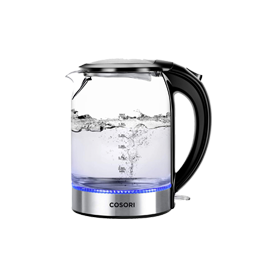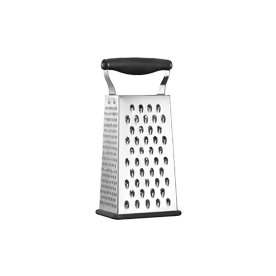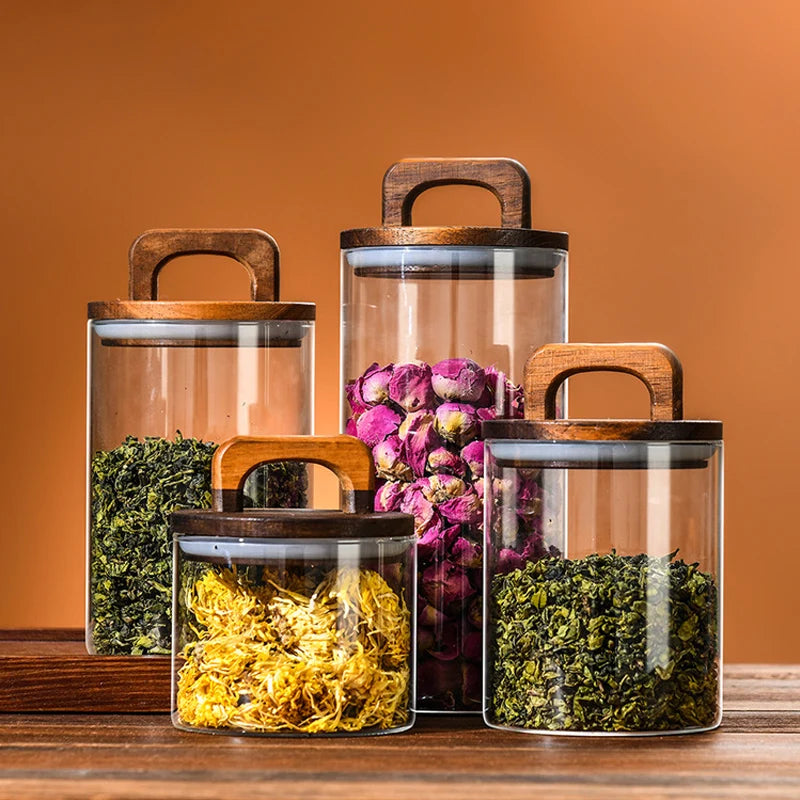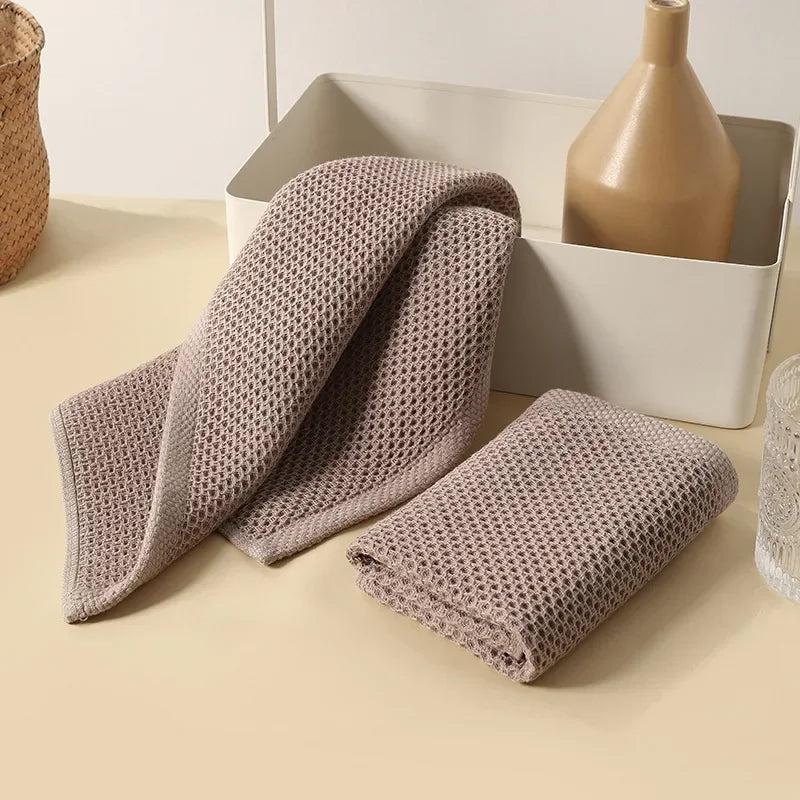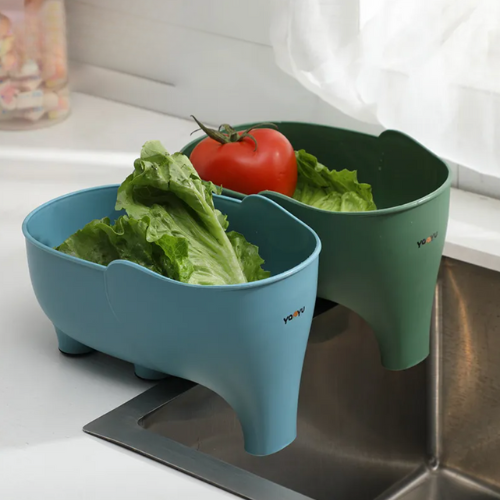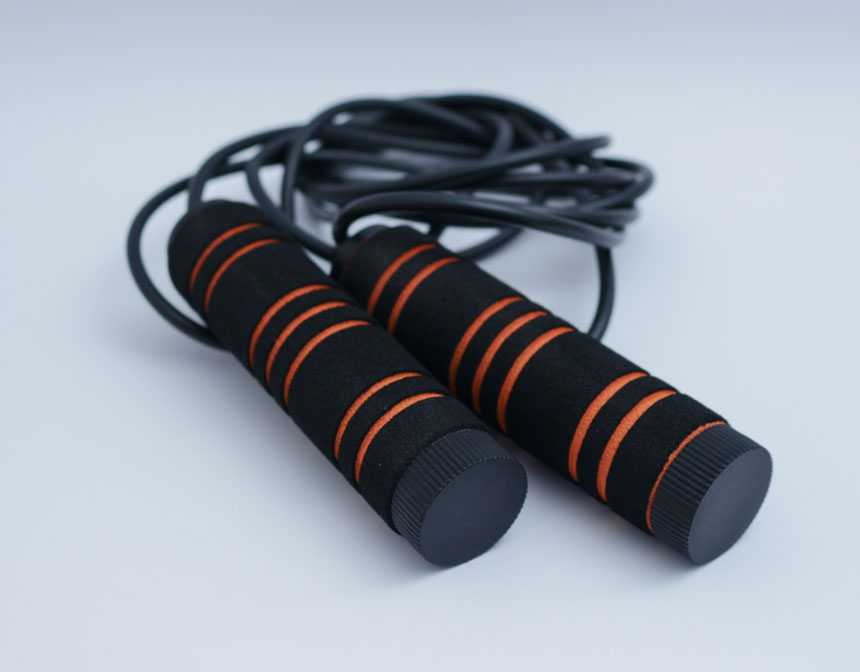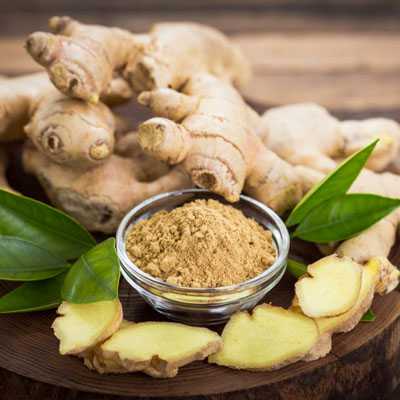What Is Lemon And Ginger Tea Good For?
Lemon and ginger tea is a popular herbal infusion consumed around the world, not just for its refreshing taste but also for its potential health benefits. Here are some reasons why lemon and ginger tea is celebrated for its health-promoting properties:
Digestive Aid: Ginger is renowned for its ability to soothe digestive discomfort. It can help alleviate indigestion, bloating, and gas. It's also beneficial in promoting smooth gastrointestinal motility.
Boosts Immunity: Both lemon and ginger have immune-boosting properties. Lemons are rich in vitamin C, which is a potent antioxidant known for enhancing the immune system. Ginger contains gingerol, a bioactive substance that can help lower the risk of infections.
Anti-inflammatory Properties: Ginger is known to have anti-inflammatory and antioxidative properties, which can be beneficial in reducing muscle pain and soreness. This makes the tea a great choice for those with inflammatory conditions or after intense physical activity.
Weight Loss Support: Some studies suggest that the compounds in ginger can help in reducing hunger, thus potentially assisting in weight loss. Furthermore, lemon is a low-calorie flavor enhancer, which can help reduce the intake of sugary beverages when used as an alternative.
Soothes Cold and Flu Symptoms: The warmth of the tea combined with ginger's natural spiciness can provide relief from a sore throat and congestion. The vitamin C in lemons further aids in reducing the duration of colds.
Promotes Hydration: Staying hydrated is crucial for various bodily functions, and if you're someone who struggles with plain water intake, adding flavors like lemon and ginger can make it more appealing.
Enhances Skin Health: The antioxidants in both lemon and ginger help in protecting the skin from free radicals. Vitamin C in lemon, in particular, promotes collagen production, essential for skin elasticity and health.
Helps with Nausea: Ginger is a renowned natural remedy for nausea, especially related to morning sickness during pregnancy.
Improves Blood Circulation: Ginger helps in expanding the blood vessels, which can improve blood circulation and reduce the risk of cardiovascular diseases.
Detoxifying Properties: The combination of lemon and ginger aids the body in flushing out toxins, promoting better liver function and enhancing the body's natural detoxification processes.
Incorporating lemon and ginger tea into a balanced diet can offer these benefits. However, it's important to note that while it can be a helpful adjunct, it's not a cure-all. It's always a good idea to consult with a healthcare professional regarding any health concerns.
How Much Lemon And Ginger Tea Should You Drink A Day?
Lemon and ginger tea is a delightful and healthful beverage, but like all things, moderation is key. Here's what you might consider when determining how much lemon and ginger tea to drink in a day:
General Recommendation: For most people, drinking 1-3 cups of lemon and ginger tea a day is safe and beneficial. This allows you to reap the benefits without overconsumption.
Potential for Acid Reflux: If you're prone to acid reflux or have a sensitive stomach, too much lemon (which is acidic) can exacerbate the issue. If this is the case, you may want to limit your intake or monitor how your body reacts after each cup.
Ginger Considerations: While ginger has numerous health benefits, excessive consumption can lead to side effects such as gas, bloating, heartburn, and stomach upset. Those who are pregnant or nursing should consult with a healthcare provider about appropriate amounts, as excessive ginger might not be recommended.
Interactions with Medications: Ginger can interact with certain medications, including blood thinners, diabetes medications, and high blood pressure drugs. If you're on any of these medications or have concerns, it's essential to consult with a healthcare professional.
Hydration Balance: Lemon and ginger tea can be hydrating, but if you're consuming it in vast quantities, you might want to ensure you're also drinking plain water throughout the day to maintain a hydration balance.
Personal Preference and Body's Reaction: Everyone's body is different. Pay attention to how your body reacts to the tea. If you feel great with two cups a day, that might be your sweet spot. If you feel better with just one or prefer to have three, adjust accordingly.
In summary, while lemon and ginger tea offers multiple health benefits, it's essential to consume it in amounts that feel right for your body. Listening to your body and being mindful of any side effects will help guide your daily intake. If in doubt, especially if you have underlying health conditions or are on medication, consulting with a healthcare professional is always a good idea.
What Time Of Day Should I Drink Lemon Ginger Tea?
Lemon ginger tea is versatile and can be consumed at various times throughout the day, depending on your preferences and desired benefits. Here are some considerations for when to drink lemon ginger tea:
Morning Boost: Drinking lemon ginger tea in the morning can provide a gentle boost to your metabolism, wake up your digestive system, and offer a refreshing start to your day.
Mid-Morning or Mid-Afternoon Pick-Me-Up: When energy levels start to dip mid-morning or mid-afternoon, lemon ginger tea can offer revitalization without the jitters that caffeinated beverages might induce.
Before Meals: Some believe that drinking lemon ginger tea before meals can aid digestion and help with the absorption of nutrients.
Post-Meal Digestive Aid: Lemon ginger tea can be beneficial after meals to aid digestion, reduce bloating, and alleviate any feelings of heaviness. Ginger has traditionally been used to relieve gastrointestinal irritation and stimulate saliva.
Before Bed: While lemon ginger tea can be soothing, it's worth noting that for some individuals, ginger can be mildly stimulating. If you're sensitive, it might be best to avoid it right before bed. On the other hand, some people find the warmth and soothing nature of the tea beneficial for relaxation before sleep.
When Feeling Under the Weather: The combined anti-inflammatory properties of lemon and ginger can help soothe a sore throat, reduce inflammation, and provide comfort if you're feeling under the weather.
Post-Workout: The anti-inflammatory properties of ginger can help reduce muscle pain and soreness. After a workout, a cup of lemon ginger tea can provide relief and aid recovery.
In conclusion, the best time to drink lemon ginger tea is genuinely based on individual preferences and what benefits you're hoping to achieve. It's a versatile beverage that can be tailored to suit various moments throughout the day. However, as always, listen to your body and observe how it reacts to determine the optimal time for you.
Is Ginger And Lemon Good For Cough?
Yes, ginger and lemon are both traditionally used in home remedies for coughs and colds due to their therapeutic properties:
- Anti-inflammatory Properties: Ginger contains gingerol, which has anti-inflammatory and pain-relieving properties. These properties can help soothe sore throats and reduce inflammation, common symptoms associated with coughs.
- Antimicrobial Properties: Some studies suggest that ginger may help fight off respiratory tract infections.
- Expectorant Qualities: Traditionally, ginger has been used as a natural expectorant, which can help break down and remove mucus, thereby relieving a cough.
- Vitamin C: Lemons are rich in vitamin C, an antioxidant that supports the immune system and helps fight off infections. While it's not a direct cure for a cough, vitamin C can help reduce the duration of a cold.
- Honey Pairing: Lemon is often paired with honey, especially in teas for cough relief. Honey is known for its antimicrobial properties and can provide a soothing effect on the throat, reducing coughing fits.
- Astringent Properties: The astringent nature of lemon can help reduce mucus in the throat, which can be helpful for productive coughs.
Combining ginger and lemon in a warm tea can provide both immediate relief from a cough and potentially aid in faster recovery from colds or respiratory infections. It's a soothing and natural way to alleviate symptoms. However, if a cough persists or is accompanied by other severe symptoms, it's important to consult with a healthcare professional.
What To Serve with Ginger Lemon Honey Tea?
Ginger lemon honey tea is a delightful and comforting beverage that pairs well with a variety of complementary foods. Here are some delicious options to serve alongside your cup of ginger lemon honey tea:
Biscuits or Scones: The warm and slightly spicy flavors of ginger lemon honey tea go wonderfully with freshly baked biscuits or scones. The subtle sweetness of the honey complements the baked goods perfectly.
Muffins: Choose a mild-flavored muffin such as blueberry, lemon poppy seed, or banana nut. The tangy lemon and spicy ginger flavors in the tea will harmonize with the muffin's taste.
Almond or Coconut Macaroons: These sweet and chewy treats provide a lovely contrast to the tea's flavors, and the nutty or coconut undertones add richness.
Dark Chocolate: A piece of good-quality dark chocolate with its intense cocoa flavor can complement the tea's warmth and provide a luxurious treat.
Oatmeal or Porridge: Enjoy a warm bowl of oatmeal or other grain-based porridge topped with a drizzle of honey. The ginger lemon tea adds a flavorful twist to your breakfast.
The Origins of Lemon Ginger Tea
For centuries, this trio of ingredients has been celebrated across cultures. Ginger, with its ancient medicinal roots in Asia, is lauded for its digestive and anti-inflammatory properties. Lemons, rich in vitamin C, have been the citrusy crown jewel of many culinary delights from the Mediterranean to the Middle East. Honey, nature's liquid gold, has been the sweetener of choice for millennia, from the Egyptian pyramids to the bustling markets of ancient Rome.
Lemon and ginger are two of the most revered ingredients in traditional medicine across various cultures. Separately, each has its own rich history of use, but combined, they form a potent blend known as lemon ginger tea. The roots of this tea can be traced back to ancient China and India, where both ingredients were not only consumed as part of the regular diet but also revered for their medicinal properties. While it's challenging to pinpoint the exact origin of the combined tea, it's evident that the fusion of cultures and trade routes facilitated the spread of this beneficial brew.
Lemon Ginger Tea: Beyond the Taste
Bigelow lemon ginger tea, along with other commercial and homemade versions, offers an invigorating taste that is both spicy and tangy. Yet, it's the lemon ginger tea benefits that make this blend truly remarkable. Incorporating honey, as in the lemon ginger honey tea, not only enhances the taste but also boosts the health benefits. Honey, with its antibacterial properties, pairs perfectly with the antioxidant-rich lemon and the anti-inflammatory effects of ginger. Some variations, like lemon ginger turmeric tea and ginger lemon cinnamon tea, incorporate additional spices to amplify the health-promoting properties. Turmeric, for instance, contains curcumin, which has anti-inflammatory and antioxidant properties, and cinnamon can help regulate blood sugar levels.
Adapting to Modern Wellness Trends
In today's wellness-focused era, the popularity of herbal and therapeutic teas has surged. Brands like Bigelow have tapped into the traditional knowledge of teas and have presented them in convenient formats for the modern consumer. Bigelow lemon ginger tea is an example of integrating traditional wisdom with contemporary needs. Additionally, with increasing research validating the benefits of these ingredients, many people are finding solace in the warming cup of lemon ginger tea, whether it's for relaxation, to combat a cold, or merely to start the day on a healthy note. The adaptability of this tea – from adding honey for sweetness to turmeric for an extra health kick – ensures its continued relevance in the ever-evolving world of health and wellness.
A Tea for Every Occasion
Whether you're snuggling up with a book, battling a cold, or simply looking for a daily dose of goodness, our ginger lemon honey tea recipe is here to the rescue. From soothing a sore throat to offering a dose of antioxidants, every cup is a promise of well-being and flavor. With its easy preparation steps and readily available ingredients, this is a tea that promises to be a staple in many homes.
Global Yet Personal
Across continents and cultures, variations of this tea have been brewed and cherished. Yet, the beauty of this recipe lies in its flexibility. From the bustling streets of Delhi where it's called 'Adrak Nimbu Chai', to the serene Japanese tea ceremonies featuring a version of this, there's a universal love for these flavors. Whether you prefer it more gingery, tangier with lemon, or sweeter with honey, this tea adapts, making each cup a personal experience.



